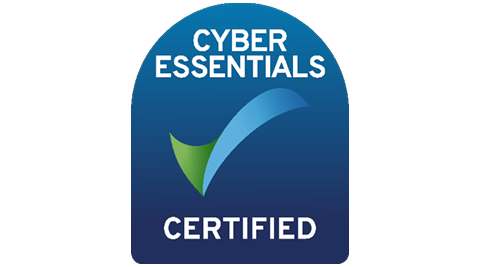The UK government has announced significant changes to company size thresholds, which will take effect for financial years beginning on or after 6 April 2025. These new thresholds mean that many more businesses will now qualify as small companies, exempting them from certain regulatory requirements—including the off-payroll working (IR35) rules. This is a crucial development for contractors and businesses that rely on temporary workers, particularly in industries such as nuclear, power generation, renewables, and utilities, where contract labour is essential.
What Are the New Company Size Thresholds?
The revised thresholds, increasing by 50%, redefine company sizes as follows:
Small Companies:
- Turnover ≤ £15 million (previously £10.2 million)
- Balance sheet total ≤ £7.5 million (previously £5.1 million)
- Employees ≤ 50 (unchanged)
Medium-Sized Companies:
- Turnover ≤ £54 million (previously £36 million)
- Balance sheet total ≤ £27 million (previously £18 million)
- Employees ≤ 250 (unchanged)
You qualify if you meet 2 of the 3 criteria for 2 consecutive financial periods.
These changes will result in around 5,000 large companies being reclassified as medium-sized, 13,000 medium-sized companies becoming small, and 113,000 small companies being classified as micro-entities.
How Does This Affect IR35 and Off-Payroll Working?
Under the off-payroll working rules (IR35), introduced in the private sector in April 2021, medium and large businesses must assess whether contractors operating through their own limited companies (Personal Service Companies - PSCs) should be classified as employees for tax purposes. If a contractor is deemed inside IR35, the company is responsible for deducting PAYE tax and National Insurance Contributions (NICs) at source.
However, small companies are exempt from these rules. Instead, responsibility for determining IR35 status in these cases remains with the contractor, not the hiring business. With the threshold changes, more businesses will now qualify as small companies, meaning:
- Reduced compliance burden: Many more businesses will no longer be required to assess contractors’ IR35 status, avoiding potential tax liabilities and administrative challenges.
- Greater flexibility for contractors: Contractors working with newly exempt businesses will regain control of their IR35 status, providing more flexibility in how they structure their engagements.
- Increased opportunities for self-employed professionals: With fewer businesses bound by IR35 rules, demand for contract workers in sectors such as nuclear, power generation, and utilities could rise, as companies find it easier to hire specialist contractors without the added cost and complexity of IR35 compliance.
What Should Businesses and Contractors Do Next?
For businesses that may now qualify as small under the new rules, it’s important to:
- Review current contractor engagements to determine if they will fall outside the IR35 rules from April 2025.
- Assess whether IR35 determinations made since 2021 will still be necessary under the new classification.
- Consider the broader implications for workforce planning, particularly in highly regulated industries reliant on contract labour.
For contractors, these changes could mean:
- More opportunities to engage with businesses that were previously bound by IR35 compliance requirements.
- Greater control over their tax status, making it easier to operate outside IR35 when working with smaller companies.
- Potential shifts in demand for certain roles as companies adjust their hiring strategies in light of the exemptions.
Final Thoughts
The upcoming changes to company size thresholds represent a major shift in the IR35 landscape, creating new opportunities for businesses and contractors alike. With more businesses qualifying as small, the compliance burden will be reduced, offering greater flexibility in engaging contract workers.
At Scantec, we specialise in providing highly skilled professionals for contract and permanent roles in nuclear, power generation, renewables, and utilities. If you’re a business looking to understand how these changes affect your hiring strategy—or a contractor assessing your options—get in touch with our expert team today.
Contact us to find out how these changes may impact your business and recruitment needs.
📧 enquiries@scantec.co.uk | 📞 +44 (0)151 666 8999 | 🌐www.scantec.co.uk







